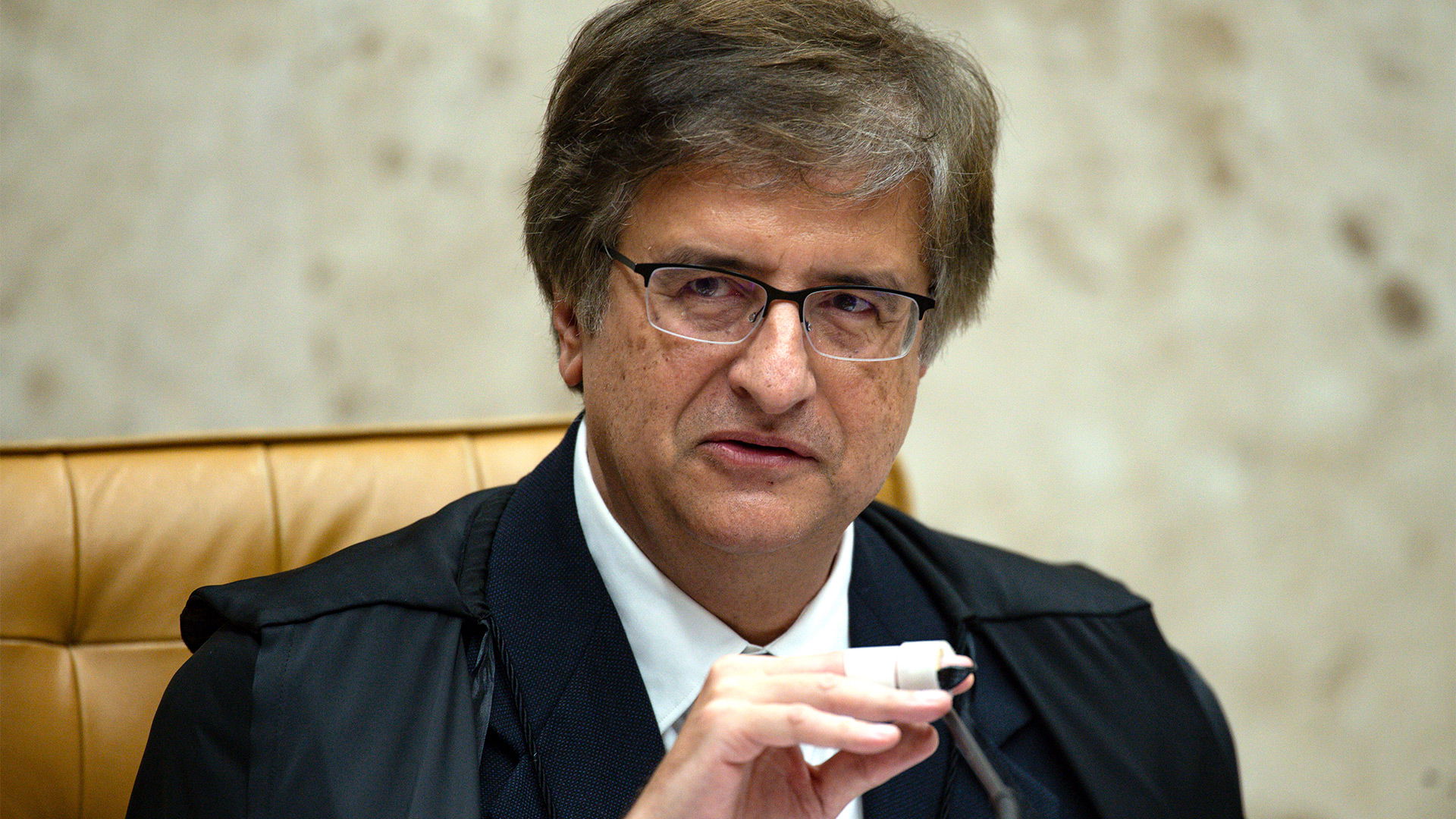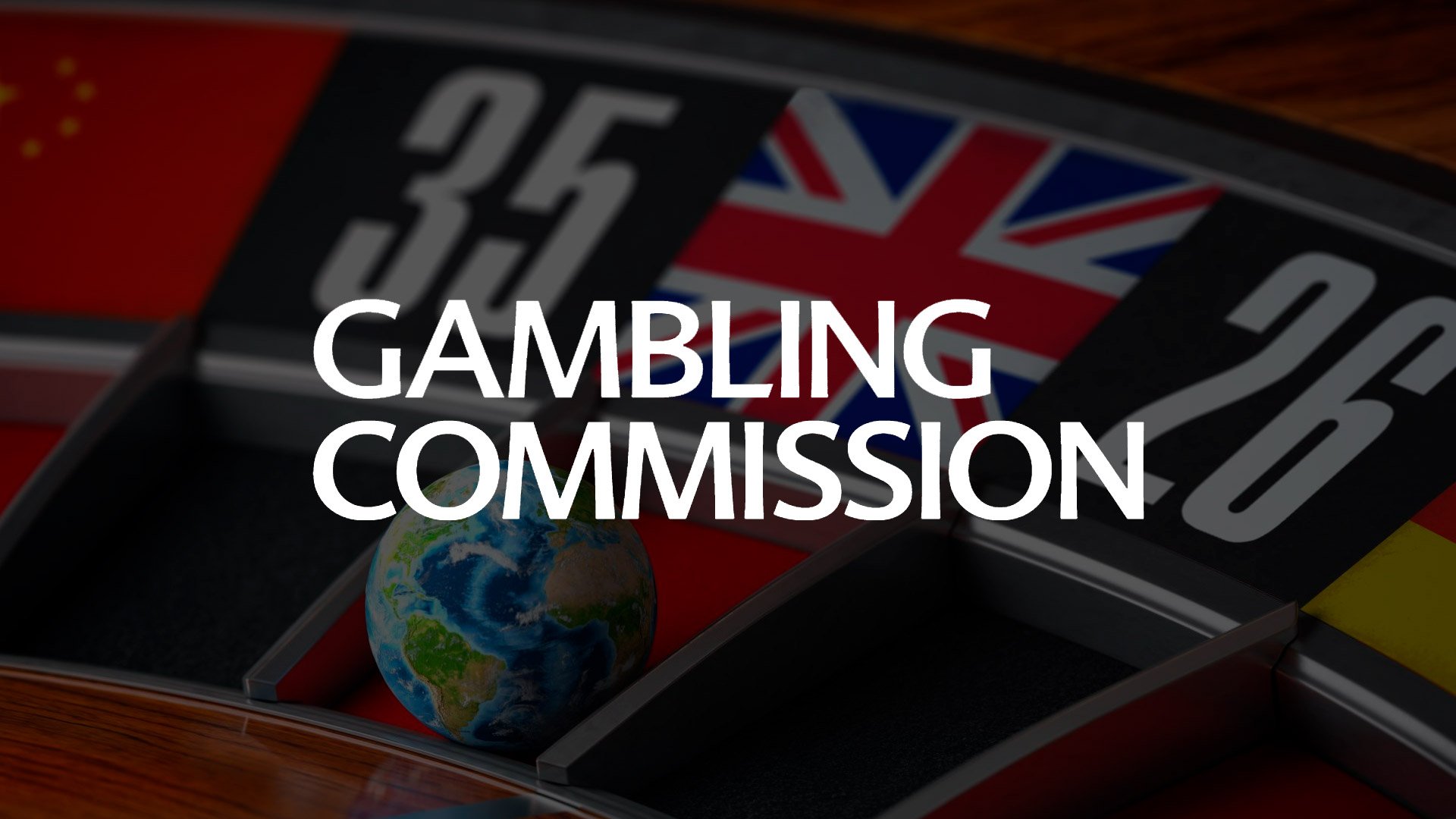Brazil’s Attorney General challenges legality of online betting and sports gambling laws

Attorney General of Brazil Paulo Gonet Branco has filed a direct action of unconstitutionality (ADI) with the Supreme Federal Court (STF), aiming to suspend the country's laws regulating online betting and sports gambling. Filed on Tuesday, the lawsuit contests the constitutionality of Laws No. 13,756/2018 and No. 14,790/2023, as well as specific ordinances issued by the Ministry of Finance to regulate fixed-odd betting.
Branco argues these regulations fall short of safeguarding constitutional principles and consumer rights, citing a failure to meet essential protective standards. Branco’s challenge expresses concerns over the potential social harm posed by online betting and gambling, calling the legislation “insufficient to protect the fundamental rights of consumers, given the predatory nature of the virtual betting market.”
According to Branco, these laws fail to shield citizens from risks associated with gambling, particularly vulnerable groups such as minors, the elderly, and people with disabilities. Furthermore, he asserts that the laws ignore the state's responsibility to protect family units and uphold consumer rights and other social protections.
The Attorney General’s office argues that Brazil’s current betting laws conflict with principles of economic order, undermine the property rights of consumers, and fail to establish adequate safeguards against public health risks. According to Branco, the state’s reliance on lotteries as an instrument for regulating online betting is both constitutionally inappropriate and insufficient to protect Brazilian citizens from gambling’s adverse effects.
In addition to the federal laws, the ADI addresses ordinances from the Ministry of Finance that define the parameters of fixed-odd betting, which allows bettors to know their potential winnings in advance based on set odds.
Branco contends that these ordinances, along with the existing betting laws, fail to address constitutional protections and have led to a market that lacks necessary controls for oversight and tax regulation, especially as many betting operators are based overseas.
Branco's filing requests that the STF declare the relevant provisions of Laws No. 13,756 and No. 14,790 unconstitutional. He also seeks a provisional injunction to immediately suspend the effectiveness of these laws, which would halt sports betting and online gambling activities across Brazil.
The Attorney General clarified that his action does not oppose the idea of regulating online betting altogether, but rather challenges the adequacy of the specific framework established by the current legislation.
“This lawsuit does not seek to state that the virtual betting system is, in itself, impossible to reconcile with the framework of the Constitution,” the document reads. “It is a matter of recognizing, however, that the specific system adopted by the legislator in Laws no. 13.756/2018 and no. 14.790/2023 does not meet the minimum requirements for the preservation of constitutional assets and values that are at risk of serious harm due to the way in which the activity is currently legally structured.”
The lawsuit argues that given the “high addictive potential” of betting, legislative protections are necessary to mitigate health risks for citizens. Branco emphasizes that the balance between individual betting freedoms and consumer safety must involve robust regulatory defenses to address the negative effects of gambling on public health, especially for susceptible groups.
The timing of Branco’s ADI coincides with a public hearing at the STF on the sports betting and online gaming sector’s conduct, during which STF justices noted that a decision on another related ADI, filed by the National Confederation of Commerce of Goods, Services and Tourism, is anticipated in the first half of 2025.
Through his action, Branco aims for an immediate suspension of the laws and ordinances, effectively reverting gambling activities to their previous legal status under the Law of Criminal Misdemeanors.


















































